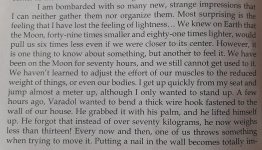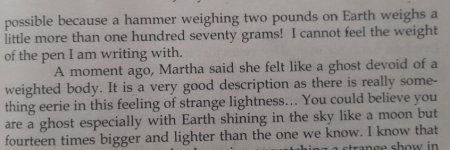woops
is not like other people
Not sure if any of you have seen thisCraner just sent Luke a text it was very funny and revealing.
Not sure if any of you have seen thisCraner just sent Luke a text it was very funny and revealing.
*insert paragraph from confrontational French feminist text about men and penetration here*Craner just sent Luke a text it was very funny and revealing.
Afternoon men is a line from Burton. Powell wrote a book about him during the warI have been re-reading a few things - Powell’s first novel The Afternoon Men which I liked a lot more this time - it made me think of people like Tao Lin and Ben Lerner - people trying to nail what now feels like complete with all the communication at cross purposes, the ennui, fear and failure. I wonder if every generation produces these twenty-something writers feckless and slightly lost who are both appalled and fascinated by the emptiness of life.
This led me to start re-reading Alexandra Harris’ Romantic Moderns - her book about the thirties which came out 12 years ago. At the time it radically altered my perception of the thirties which I had as twee and nostalgic after the bracing determine modernist 20s. It opened up for me a whole bunch of painters in particular for whom I have developed a real passion.
Her description of the the late thirties has many parallels with now.
Got those Everett short stories which I’m enjoying and inspired by @IdleRich I’m working my way through the Simon Raven’s in publication order - I realised I had only read half the series.
and I finally finished my Anita Brookner project.
It's a bit cheesy, but it has its moments. It's filmed interestingly, it looks vaguely like his paintings.
craner sent me a text this evening reading, and i quoteNot sure if any of you have seen this


at least my use of the word was in regards to a book i was seriously thinking about not Luke doing the equivalent of when a toddler wants the show you the poo it made
But you could hammer a nail in couldn't you?To be honest, I'm not so bothered about the conflation of mass with weight, since it intuitively makes sense to say that one "weighs" only a few kilos, because we can easily translate this in our heads as "the force tending to accelerate me downwards corresponds to the mass I'd feel on earth if I weighed 13 kilos, although obviously my mass is unchanged and it's the acceleration that's smaller", which would be pretty unwieldly to write or say.
Anyone using pounds and grams in the same sentence (unless it's pounds Sterling per gram of drugs) should be summarily executed by firing squad.
The point about the hammer is valid, I think, since the inertial mass of the hammer would be the same, while its weight would be far less. We're used to feeling the 'heft' of an object that corresponds to its weight under normal earth gravitry, so the mismatch there would quite probably be discombobulating.
Beats me about the frost; guess that's just an oversight? Or do they mean "Is there water here in great enough concentrations to be worth harvesting?"?
Oh you certainly could, but it might take few goes to get your hand in, sort of thing.But you could hammer a nail in couldn't you?
The secret to luka's power is that he has no cringe reflex. None whatsoever. He's totally immune to it.at least my use of the word was in regards to a book i was seriously thinking about not Luke doing the equivalent of when a toddler wants the show you the poo it made
This is what I mean though, he thinks a blow from a hammer would have no force cos he's mixed up mass and weight. He seems to think that its mass would have decreased so it was like an inflatable hammer.Oh you certainly could, but it might take few goes to get your hand in, sort of thing.
